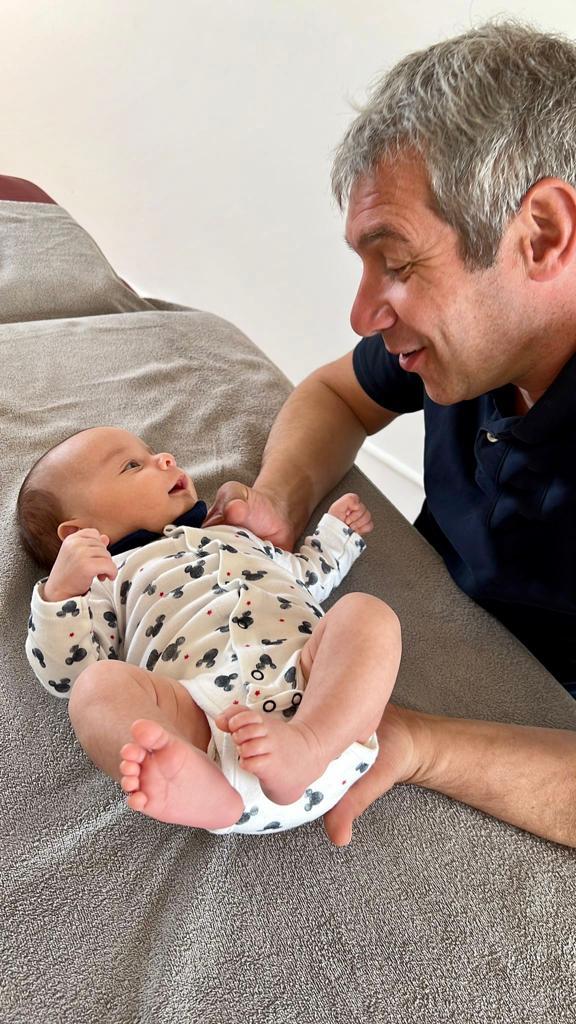Osteopathy
Osteopathy
Osteopathy is a manual medicine whose aim is to restore movement to tissues that have frozen due to imbalances (e.g. an organ that does not move properly) and compensations (e.g. posture). The body compensates for an imbalance that has occurred in order to maintain its homeostasis (the regulatory process by which the body maintains the various constants of its internal environment).
The body therefore has the capacity for self-healing to maintain its balance.
The osteopath uses manual techniques adapted to each individual to restore movement and stimulate the body's homeostasis.
Sven's experience has developed in a 'different' way, as he has been treating animals, especially horses and dogs, since 2004. "There's a similarity between treating children and animals; they're both very spontaneous and don't think like adults," he says with a smile.
Osteopathy for whom?
Osteopathy is really for everyone: newborns, children, teenagers, pregnant women, adults and the elderly.
Osteopathy for what?
Newborn babies
There are many factors that the baby's body has to compensate for in utero. Some of these parameters are the induction of labour, an epidural followed by oxytocins, which stimulate the contractions even more. These must be stored by the unborn child. It will have to compensate, in-utero, on its induced strength. These newborns often have a "banana" or "comma" posture, preferring to position themselves on one side, a torticollis, with their head turned towards the same side, difficulty in suckling, a mouth opening that is too narrow or a tongue frenulum that is too short, making it difficult to open the mouth to "catch" the nipple, and regurgitation. Some of these babies cry a lot, are not "peaceful" and cannot tolerate the flat bed or maxi-cosi. These are also children who are more likely to develop plagiocephaly (a flat or deformed head), strabismus, recurrent ear infections, etc.
Then there are other factors involved in childbirth, such as the use of suction cups, forceps and spatulas, which mean that the newborn has to adapt to these induced forces.
Are caesarean deliveries better then? No, because these deliveries do not allow the child to make the movements itself. It is the child who does the work of being born, accompanied by the contractions of the mother's uterus. These movements can be provoked by the specialist osteopath. In osteopathy, this is called a "rebirth".
These are just a few examples. Unfortunately, there are many more. The osteopath, in conjunction with specialist physiotherapists, can help your child.
In children
Children are so flexible and their bodies are so good at compensating that they rarely complain of pain. But keep an eye out for the most common complaints: "my tummy hurts", "my head hurts", "I'm not hungry", "I've been having nightmares", etc.
Children of this age often start doing sport. They're going to train themselves, so they're going to put their bodies out of balance. Generally, the body corrects itself and there are no subsequent problems. When this correction cannot take place, the risk increases of developing compensations that can lead to tendonitis, leg pain, loss of appetite, sweating, headaches, unexplained tiredness, sleep disorders, etc.
It is also during childhood that scoliosis and kyphosis set in and can be treated. The earlier the better.
Teenagers
This is an age when the last growth spurts are being felt, and the hormonal system is well tested and developing to its maximum. This can lead to pimples, mood swings, loss of concentration, tiredness, etc.
Young women often have painful or heavy periods. This is not "normal" as many people think. This cycle should be painless!
An osteopath can help!
Pregnant women
For nine months, pregnant women go through enormous natural changes and compensations. Not just physical changes, but also hormonal, blood, joint and visceral changes: everything changes for a pregnant woman. It's therefore advisable to consult an osteopath specialising in pre- and post-partum care. Symptoms can range from back pain to sciatica, feeling unwell in the body, headaches, nausea, moderate breathing difficulties (tightness) and all the symptoms known to pregnant women.
The aim of pre-partum osteopathy is to make you as comfortable as possible during pregnancy and to prepare your body for childbirth. The aim is to ensure that there are no imbalances that could obstruct a good birth.
A woman needs nine months to 'make' a baby and nine months to recover.
In the post-partum recovery phase, a number of aches and pains can occur. Don't hesitate to ask.
Adults
Adults can consult an osteopath for preventive or curative treatment. An experienced osteopath prefers to treat preventively, even though it is much more difficult to find compensations in tissues that are not yet sore. It's like medicine in Japan: it's preventive, and the doctor won't be paid if his client falls ill.
Curative osteopathy is what an osteopath does every day. Trying to restore movement in the tissues that are painful and causing referred pain (e.g. a headache can come from the jaw, the neck, the digestive system, etc.).
It is possible to work on the osteoarticular, ligamentary, muscular, respiratory, cardiac, digestive, urinary, reproductive, hormonal, blood and lymphatic systems.
If you cannot find a solution to your problem, consult an osteopath recognised by the osteopathie.be association.
Seniors
Properly applied osteopathy can revive the elderly by alleviating long-standing pain. What we are looking for is comfort! The techniques and positions are adapted to each individual.
Serious illnesses - desperate cases ... what can osteopathy do?
Osteopathy, like all medicine, has its limitations. Sven invites you to send him an e-mail so that he can respond to your unique case.
what does a consultation entail?
After a thorough and focused history, Sven sits down with his patient. Lying on his back, he starts cranial osteopathy, except for newborn babies. This is a gentle technique on the head, which is his "dashboard". Depending on what he finds, he then works on the visceral, articular, arteriovenous and other systems as needed.
After an osteopathic session, you are advised to take it easy for at least 48 hours.
Interested?
Sven consults on Monday and Thursday. You can make an appointment with Sven easily via his booking systeem www.osteopro.be.
Different day or more information? Contact him at: info@osteopro.be ou GSM : (+32) 0469 23 32 02



